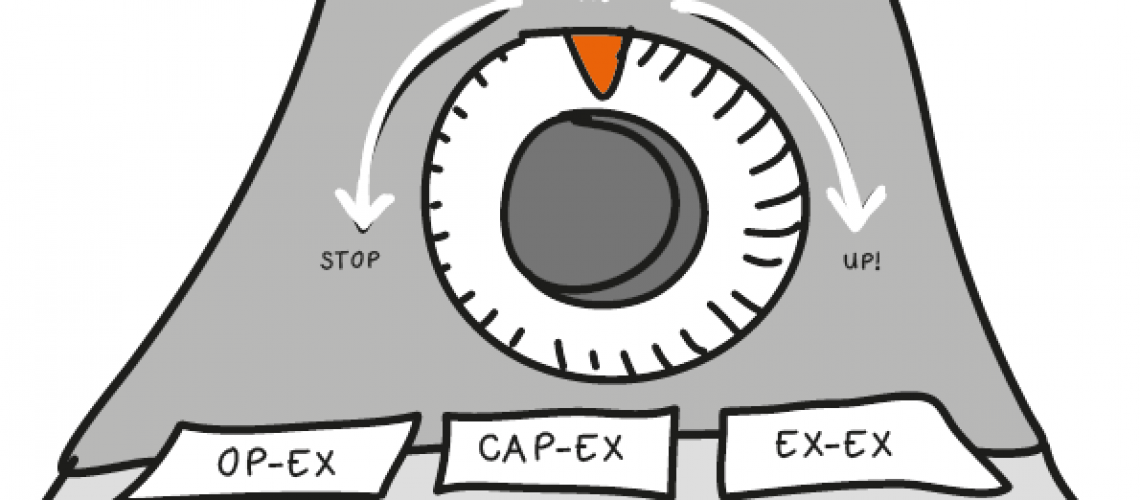Facebook’s shares are dropping. Does that mean they are done for?
Recently Facebook’s shares have dropped significantly. They registered the biggest single-day loss of any listed company in the history of the New York Stock Exchange. Apart from EU regulation issues, the loss seems to be primarily due to losing users on the platform. Affecting daily active user count for the first time in the company’s history.
Like the ones of any other company, Facebook’s stocks are primarily being valued by the company’s current core business performance. But unfortunately, there are no measures or indicators in place to understand its future potential – and even if there were, they aren’t part of the formula for computing the stock price.
From Facebook to Meta
The company recently renamed itself to Meta, showing its vision towards the metaverse as a future, where it can capitalize on technological advancements in VR and AR. If you followed Facebook closely, you would have seen this move from years ago when Marc Zuckerberg presented the company’s portfolio using the Three Horizons Model. Under Horizon Three, they listed, already back in 2018, AR and VR. Facebook has had a ‘future bet’ on AR for a while. Their Oculus Rift purchase proves that strategy. This is a unique advantage that they are bringing into that opportunity. The change of name to Meta is an embodiment of that.
Does moving towards Meta prove they no longer believe in their current model? Or have their deliverability decided to disrupt themselves before others do? Either way, they have anticipated the stagnation or even drop off users by betting on a strategy for the future very early on. Therefore, their progress towards this vision is already further ahead than most think it is.
So why isn’t that vision reflected in the stock value?
Aside from the drop in users, the expenses from Q 4 2021 were up 38% from the year before. Meta CFO David Wehner said during the earnings call on Feb. 2 that higher expenses were “driven primarily by Reality Labs hardware costs, core infrastructure investments and payments to partners.” Reality Labs is Meta’s virtual reality unit, which includes Oculus VR equipment and is a critical component of the company’s long-term “metaverse” strategy.
In current financial valuations, innovation is not seen as an investment in a future vision but booked as a cost under expenses and thus seen as a loss. Investors and executives need a new way to measure the performance of a business, one that includes its future potential as well as its today’s performance.
The innovation accounting system
Through an innovative accounting system lens, FB’s situation might not be as bleak as standard/financial accounting makes us believe. Considering both today’s core business and the future potential of that business, we would see a company that is diligently maturing portfolio items from Horizon Three to Horizon Two through investments in both tangible and intangible assets. We would see a company that decides to self disrupt instead of waiting on a competitor to do it for them. Finally, we would see a company aware of technological advancements and doing its best to capitalize on these without hesitation.
We don’t know what the future will hold for Meta, and if Facebook can re-invent itself into the high-growth company it used to be. There are too many variables to this equation – customer behavior and technology availability are only a couple of the ones that will have a significant impact on the success or failure of Meta. But one thing can be said with certainty in Facebook’s defense, the performance of today’s core business tracked by financial accounting only tells half of the story of the healthiness of a company. The other half comprises non-financial and innovation-focused indicators, which can be tracked in what we like to call an innovation accounting system.


